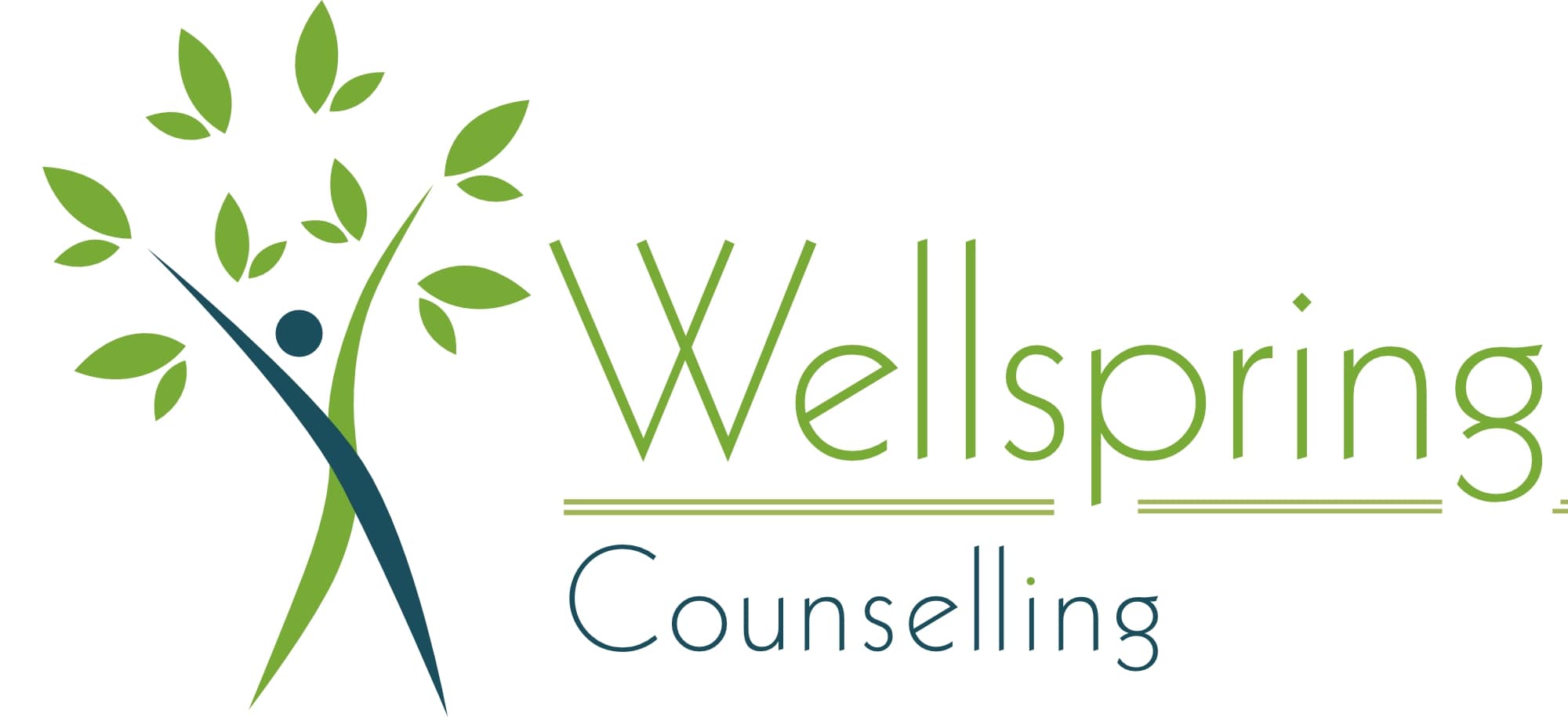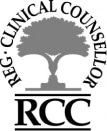Couples & Marriage Counselling in Vancouver, and Online in BC
Couples & Marriage Counselling
Relationships are the bedrock of well-being, and when there are problems in this area it affects our health, career, and all other areas of life. Many couples do not know how to constructively communicate in a way that fosters autonomy, validation, and empathy. There is often a gap in connection from having different styles of communication where one person is ‘logical’ and the other more ‘emotional’. This is a very common challenge affecting intimacy and the ability to experience harmony.
Thankfully, constructive ways of communicating and relating is a skill that can be learned, and it is one of the easiest, quickest and most effective ways to greatly improve a relationship. You may find it remarkable, but many couples have reported that their relationship has greater harmony just from experientially learning and practicing constructive communication and skills to better relate with the other.
This must be experientially learned as you interact with your partner in sessions and at home. This experiential aspect is absolutely key. An important side note is that constructive communication is not enough when a person has experienced significant trauma because this prevents their ability to accurately interpret the other’s behaviour and intentions (even after learning the skills).
I will outline the basic skills that are usually taught in sessions, although this must be experientially practiced and coached by a couples counsellor. Remember, it is one thing to conceptually understand these skills, but it has a whole different thing when the connection, validation, and autonomy is experienced in the experiential moment from when using these communication and interpersonal skills toward the other (or receiving this way of constructive relating from them). Much like in life, you don’t actually know something unless you have experienced and “lived it” in an embodied way.
The first suggestion is to take a break if you’re stressed and only talk about concerns when you’re at a mild or moderate level of stress because during higher levels of stress our brain processes and interprets what is communicated in a more generalized and negatively biased way. So, if your stress is elevated, let your partner know. You might say something like “I care about having this conversation, and would like to continue when I’m feeling calmer, but I am overwhelmed to the extent that I worry I’m not able to stay constructive and interpret things accurately. So, are you okay if we postpone until we both feel ready?”.
If you don’t already find yourself in the middle of a discussion, try to be mindful of a time that a conversation might work for the other person too, and check-in with them about this so that each person can be ready to talk when they are at a moderate level of stress and at their best for accurately and constructively communicating.
When it’s a relatively good time to have a conversation, and you are ready to begin, try to slow the pace down of what you are saying a bit more than usual as a slower pace of speech allows what is said to be accurately interpreted to a greater degree. When we talk fast it increases stress levels and makes it more likely that our brain will fill in the gaps in a negatively biased and generalized manner. Also, breathe a bit slower, and make your exhales a little longer than usual. Exhaling activates the parasympathetic nervous system (PNS) a little each time, which calms you down. If you exhale for a longer period, this activates the PNS longer thus assisting with reducing stress levels and improving clarity of thought. Stress is a big factor in how we react to what another is communicating to us, so it is important to reduce stress levels when having important discussions. All of this can be learned practiced during our online marriage counselling sessions.
A good way to start a discussion is prefacing with a positive or caring sentiment before the content of the concern as this primes the brain and reduces defensiveness. This is because all subsequent dialogue is greatly interpreted through the lens and connotations of what is initially said. An example of prefacing might be (e.g. “I wanted to talk because I really care about working this out” (recognition), or “I see the effort and work and care you are putting into the relationship even if we disagree on some important points” (validation), or “I don’t think it’s your intention” (understanding).
When starting to express the content of your concerns or needs try to use “I” statements and express the impact it has on you, such as “When I noticed/saw/heard, ___the impact it had on me is that I felt misunderstood.” Try to describe your underlying feelings.
Ensure that when discussing the impact that the other person is having on you that you talk about the behavioural signs that are leading to your assumption, and not your interpretations about their intentions, thoughts, feelings, and what they were experiencing. Talking about what you perceive to be their behaviour keeps it tentative, affirms their self-agency, reduces defensiveness, and allows for clarification of what was initially perceived. Try to avoid making personal attacks about the person, and instead focus on the behaviour.
It is common for couples to use labels when communicating, such as “You’re lazy” or “Our relationship is in the gutter”. Instead, describe and elaborate on what the underlying feelings and experiences are underneath the label. Monitor the labels you use and break these down to more neutral terms and specific concerns. For example, instead of using “our relationship is in the gutter” try saying something like, “I am exhausted and overwhelmed with “, or “I am having a difficult time feeling optimistic because __”. Labels are a broad generalization and they have connotations that are associated with, for example, disgust and lack of value for the relationship. Avoid using short-hand labels. Take the time to describe the underlying feelings and the needs below the labels.
Empathy is a commonly misunderstood practice. Many people first think of empathy as agreeing or sympathizing. Empathy is not about agreeing with the other; it is about putting oneself in the frame of reference of the other and expressing understanding of what they are experiencing without necessarily agreeing with their perspective. Empathy helps create a sense of feeling understood, which has a calming effect because a frequent source of anger is the perception that the other does not understand or care about our concerns and inner experience. Try to identify, and then express what you see the other person might be feeling, what they might be needing, and describe how you care about it. This promotes validation and enhances connection in the relationship.
There are several ways to foster a greater emotional impact of what you actually express. The first suggestion would be to talk face-to-face (vs talking while driving). Being able to see the facial cues and non-verbal body language of each other, and having reduced distraction, are very helpful in interpreting one another’s intentions more accurately. Try to talk about one point at a time, keep it simple and brief, and take turns (e.g., 20-30 secs each) so that what is said can be processed and not forgotten or swept under the rug inadvertently. Our short-term memory is only about 30 seconds long, so it is important to keep each person’s turn brief so that the point you are trying to make can be remembered and addressed by the other person. Another tip to make an emotional impact goes back to talking at a slightly slower pace as this allows stress levels in the other to reduce a bit more thereby making their brain more receptive to fully grasping what you are expressing and being open to the emotional significance of it. Talking a bit slower also non-verbally lets the other person know that you respect and care about the conversation you are having.
The online marriage counselling process that is used is very experiential and you and your partner will be trying on new ways of communicating and changing the process and even your own experience of yourself when you are interacting with the other. Both people need to be committed to make changes. And, both need to be able and willing to follow the prompts of the recommendations during the coaching process. This is very important because otherwise you will stay in the same patterns of relating. So, if you are ready and receptive to having an exhilarating and potentially relationship altering experience to one of greater harmony, try a few sessions out to see if this is what your relationship is needing.
Couple Pre-Marital Counselling
So, you have found a great person to be with, and then a question pops up in your mind, “Am I doing the right thing?” This might also be just a general overwhelming feeling from how permanent it feels. At this point, you might be considering counselling to get some perspective and assistance with exploring the pros and cons and impact of your decision. Essentially, you might be looking for counselling to figure out if this is the best person for you, and if it will be fulfilling for both of you.
Just as is the case for all online couples and marriage counselling, fostering communication and healthy ways of relating is a focus in pre-marital counselling too because this helps you and your partner become the best version of you that is stable and and relatively easy and simple to learn. This will allow you both to test out the relationship and see if this constructive and healthy way of relating even when there are differences of opinion. This counselling process must be experiential and interactive otherwise procedural memory is not formed.
Are you ready to experience pre-marital counselling to learn how to, and test out if your relationship is likely to thrive?






